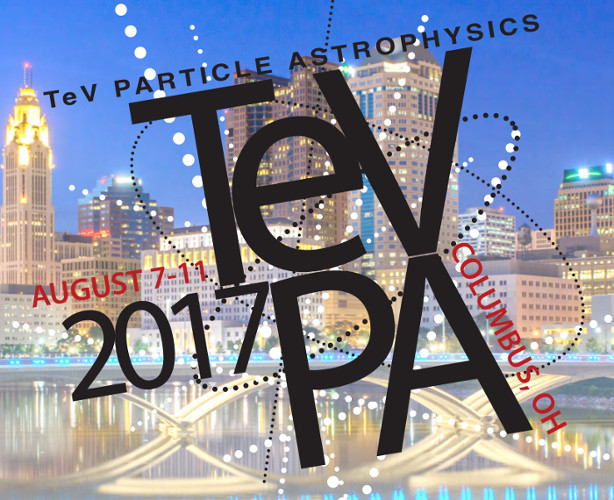Speaker
Mr
Rob Halliday
(Case Western Reserve University, Dept. of Physics)
Description
Nanosecond precision timing synchronization via the Global Positioning System has become a common technique for a variety of particle physics and astrophysics experiments including, for example, large arrays of detectors for cosmic ray air showers. By using the common time-standard in GPS, time synchronization can be achieved at low cost, even over large areas in remote locations. However, in principle, synchronization accuracy is limited by atmospheric effects, especially over large distances. Here we present a new measurement of the accuracy of GPS timing synchronization, particularly as a function of distance between two receivers.
Primary author
Mr
Rob Halliday
(Case Western Reserve University, Dept. of Physics)
Co-authors
Mr
Jackson Kishbaugh-Maish
(Case Western Reserve University, Dept. of Physics)
Mr
Sean Quinn
(Case Western Reserve University, Dept. of Physics)
Mr
Ryan Lorek
(Case Western Reserve University, Dept. of Physics)
Prof.
Corbin Covault
(Case Western Reserve University, Dept. of Physics)




